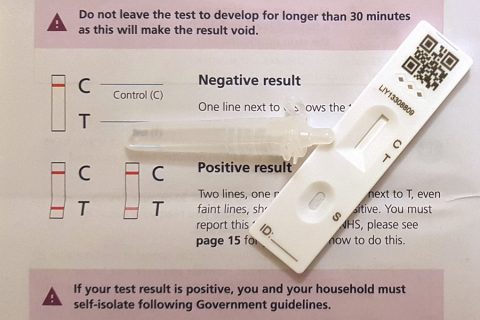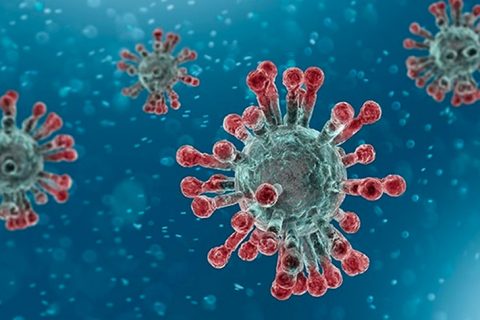That’s the message of a new mini-stroke public awareness campaign being rolled out by NHS Bristol, North Somerset and South Gloucestershire this week.
The campaign involves adverts on radio, in the press, on billboards and at bus stops. In addition, later this month, postcards are going to be delivered to 50,000 homes across South Gloucestershire, Bristol and North Somerset.
Dennis Escott, 81, from Portishead, who had a mini-stroke last year, has agreed to be the face of the campaign.
The message doctors want the public to take away from the campaign is that any type of stroke, however small, is an emergency and people should call 999.
Research shows that 10% of people who have a mini-stroke go on to have another stroke within two days. Strokes are the third largest cause of premature death in the UK and a leading cause of long term disability.
The symptoms of a mini-stroke are the same as those for a full stroke – sudden drooping face or, numb arms or legs and slurred speech.
Like full strokes, mini-strokes (also known as TIAs), happen when blood supply to the brain is cut off. The difference is that with a mini-stroke symptoms usually disappear in only minutes or hours.
Dennis remembers how his own mini-stroke happened. “I’d sat down to address an envelope but realised I couldn’t write properly – the pen just kept going the wrong way. It was all over in about half an hour but I recognised the signs straight away. The doctors scanned my brain and gave me some drugs to reduce the risk of me having another stroke again.”
Dr Chris Payne, director of public health for NHS South Gloucestershire, said:
“Getting quick treatment for mini-strokes is vital. We have ambulance staff trained to assess and respond to mini-strokes and specialist clinics with the right scanning equipment and drugs on hand to help. But we need the publics help as well. If you or someone you know is having a mini-stroke please don’t wait, call 999.”
Dr Neil Baldwin, a stroke specialist at Frenchay hospital in Bristol, echoes this message. “Mini-strokes are a warning. The quicker we can treat you the better your chances of avoiding another stroke. If you or someone you care about is having a mini-stroke act FAST – call 999.
“And if you think you may have had a mini-stroke in the distant past please get checked out by your GP. “
The specialist stroke clinics at Frenchay and the BRI have now been extended to weekends as well. It is hoped they will be 24/7, 7 days a week by the end of the year.
Across the former Avon area as a whole around 500 mini-strokes are reported each year and 3200 full strokes. NHS research suggests that many mini-strokes are not being reported.
For more information visit www.nhs.uk/actfast and for local charities offering stroke support see www.stroke-bristol.org or www.differentstrokes.co.uk.
Source: NHS South Gloucestershire



